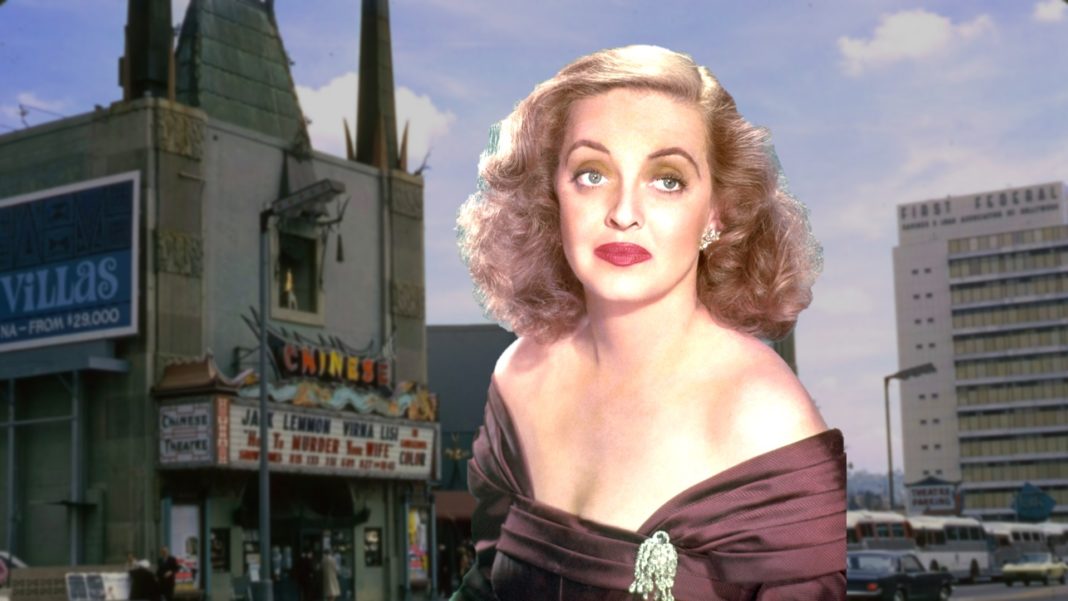HELLO AMERICA!—I must confess that I am rather flattered when approached by so many young people hungering for my ideas and suggestions as to how to survive and stay alive in the entertainment business, especially in Hollywood. Many of us who made our way to Tinsel town during the early 1950s were so programmed and affected by a world projected on the screen with music, dance, love, adventure beyond your imagination, as well as falling deeply in love with the likes of Betty Grable, Ann Sharendan or even Shirley Temple, we hungered to make our way to this golden dream of a place no matter what it might take.
I was very lucky because I made my entrance and headed for the U.S.C. campus to show what talents I had. After two weeks, I was in the office of music genius Ingolf Dahl. He was respected as composer, conductor, as well as connected with Metropolitan Opera in New York. Because of him and how he was held in the classical music world attracted many celebrated artists to the campus such as choreographer Hans Bush who staged several of the university’s musicals and operas.
When there was a free moment I didn’t hesitate to approach Mr. Bush concerning preparation for more serious work and attention demanded to make it in the music world. He suddenly broke out in laughter and said, “Work, sacrifice, frustration and very little time for so called normal life that many of your classmates enjoy or might expect. C.B. DeMille’s brother “Bill” headed the U.S.C. Theatre Department; he introduced me to him after a showing of his film “The Ten Commandments.”
Then there was MAX ROACH, the famous drummer respected by the entire music world. After one year of having problems dealing with Otto Preminger, the director, he along with Pearl Bailey took time to suggest I simply relax, smile and don’t allow Preminger to get my goat.
“Don’t you realize that he enjoys getting a rise out of you; he knows how sensitive you are and takes advantage of it at every opportunity. So, when he yells at you and says insulting things about what you are doing on camera; simply look at him, smile and say ‘thank you, Mr. Preminger.’” I did it and the director looked at me As if I was crazy. Now Pearl Bailey was very different, she didn’t hesitate to acknowledge that if Preminger attempted to embarrass her in any way, she would give him the finger and walk out. “Nobody and I mean NOBODY will insult me after all the years I’ve been in this business!” It was evident that Preminger understood this as well. He treated Pearl like a queen.
When I confessed to Bette Davis that there were times when I made my first entrance on stage in a play, I had problems remembering lines. She suddenly laughed and said, “Dawling! You’re not the only one. Most actors suffer that way as well. It’s how many creative people are and it doesn’t make any difference how many years you have been in the business; it is something we all must deal with.” When asking how deals with working before a live audience, she laughed in her famous Bette Davis way and said, “It’s simple, I just consider all those people sitting outta here are just a bunch of gabbage heads — and I do what have I do and go home!”
I confess that because I came from a very explosive, emotional background. It took me quite a long time to remain calm and serene when being guided by an extremely temperamental director or being on stage with a primadonna who had very little respect for those working in the same scene. I few times I allowed my Philadelphia temperament each other and believing it was a helluva good show. Suddenly, when thinking about it, this is what Hans Bush meant when he told me once that no matter what happens during the creation of show or film, in the end, it’s what show biz is all about!”






